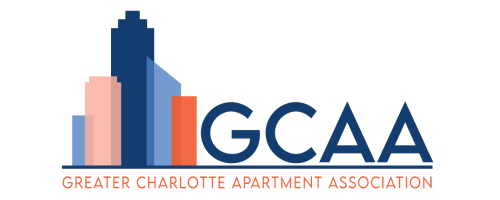NC HOPE Program (Update from our AANC)
Last week AANC shared the anticipated changes coming to the NC HOPE Program- North Carolina’s rental assistance program. The HOPE Program enacted new rent assistance policies that will “allow the automation of rent awards”. According to program representatives approximately 12,400 new rent awards totaling $57.5 million were generated as a result of the new policies, which were developed with the dual goal of speeding up rent assistance and attracting greater housing provider participation. Some of the major policy changes are:
- Employing a formula-based approach for rent awards by:
- Using the county median rent for a two-bedroom rental unit as calculated by HUD (50th Percentile Rent Estimate), rounded up to the next $10 for the amount of allowable monthly rent amount,
- Multiplied by a number that includes payments for November, December 2020 and January 2021, and the number of months since April 1, 2020 that were late when the renter applied, not exceeding 6 months.
- If there is an overpayment of monthly rent due to this formula, excess amounts must first cover the arrears accrued since April 1, 2020 that are owed to the landlord.
- If the amount of the payment results in additional funds remaining after arrears are covered, the housing provider must credit the remaining amount of funds to future rent.
- If there is past due rent still owed after HOPE funds have been applied, those amounts remain outstanding for the housing provider and resident to work out payment arrangements between them.
- The landlord must not evict during the time rent assistance is provided, plus 60 days from signature of the Landlord Tenant Agreement, as well as any credited time that exceeds the 60-day period.
While some of these changes are a result of AANC’s efforts advocating for less stringent landlord participation requirements, there where unintended changes that we are currently working to address. Late last week, AANC met with representatives of the program to highlight changes inconsistent with the program’s intent. One of the major concerns being the eviction prevention language not being limited to nonpayment of rent. Our concerns were well received. We will look to the coming week to see if these changes will be made. We are also working with NC HOPE to provide an FAQ document to address commonly asked questions. We will keep members up to date on all changes and relevant information, as it becomes available.

